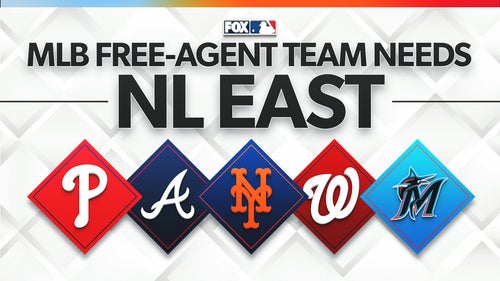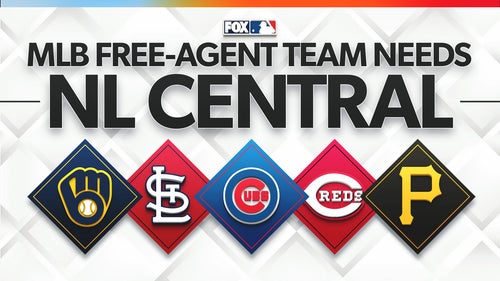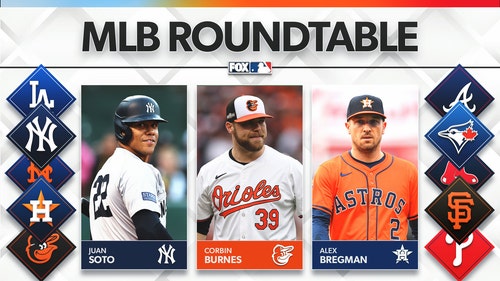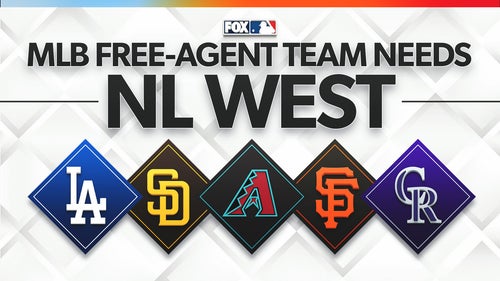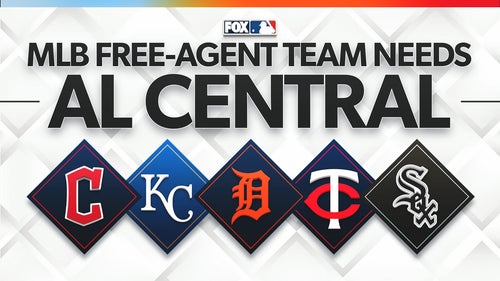Ippei Mizuhara, ex-interpreter for baseball star Shohei Ohtani, will plead guilty in betting case
LOS ANGELES (AP) — The former interpreter for Los Angeles Dodgers star Shohei Ohtani has agreed to plead guilty to bank and tax fraud in a sports betting case in which prosecutors allege he stole nearly $17 million from the Japanese baseball player to pay off debts, federal prosecutors said Wednesday.
The scandal surrounding Ippei Mizuhara shocked baseball fans from the U.S. to Japan when the news broke in March.
Mizuhara will plead guilty to one count of bank fraud and one count of subscribing to a false tax return, the U.S. Justice Department announced. The bank fraud charge carries a maximum of 30 years in federal prison, and the false tax return charge carries a sentence of up to three years in federal prison.
The plea agreement says Mizuhara will be required to pay Ohtani restitution that could total nearly $17 million, as well as more than $1 million to the IRS. Those amounts could change prior to sentencing.
Mizuhara will enter his guilty plea in the coming weeks and is set to be arraigned May 14, prosecutors said.
“The extent of this defendant’s deception and theft is massive,” United States Attorney Martin Estrada said in a statement. “He took advantage of his position of trust to take advantage of Mr. Ohtani and fuel a dangerous gambling habit.”
Mizuhara exploited his personal and professional relationship with Ohtani to plunder millions from the two-way player’s account for years, at times impersonating Ohtani to bankers, prosecutors said. Mizuhara’s winning bets totaled over $142 million, which he deposited in his own bank account and not Ohtani’s. But his losing bets were around $183 million, a net loss of nearly $41 million. He did not wager on baseball.
Mizuhara helped Ohtani open a bank account in 2018 and began stealing money from that account in 2021, according to the plea agreement. At one point, Mizuhara changed the security protocols, email and phone number associated with it so that calls came directly to him, not Ohtani, when the bank was trying to verify wire transfers. Mizuhara impersonated Ohtani to the bank about 24 times, according to the agreement.
Mizuhara also admitted to falsifying his 2022 tax returns by underreporting his income by more than $4 million.
Mizuhara's attorney, Michael G. Freedman, did not comment on the deal Wednesday.
There was no evidence that Ohtani was involved in or aware of Mizuhara’s gambling, and the player is cooperating with investigators, authorities said.
The Los Angeles Times and ESPN broke the news of the prosecution in late March, prompting the Dodgers to fire the interpreter and MLB to open its own investigation.
Dodgers manager Dave Roberts said he had no comment on the plea deal Wednesday, adding, “I just hope it is more closure on the situation.”
MLB rules prohibit players and team employees from wagering on baseball, even legally. MLB also bans betting on other sports with illegal or offshore bookmakers.
Mizuhara has been free on an unsecured $25,000 bond, colloquially known as a signature bond, meaning he did not have to put up any cash or collateral to be freed. If he violates the bond conditions — which include a requirement to undergo gambling addiction treatment — he will be on the hook for $25,000.
Ohtani has sought to focus on the field as the case winds through the courts. Hours after his ex-interpreter first appeared in court in April, he hit his 175th home run in MLB, tying Hideki Matsui for the most by a Japan-born player, during the Dodgers’ 8-7 loss to the San Diego Padres in 11 innings.



